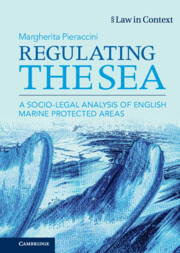This article describes the processes that led the Irish Environmental Protection Agency (EPA) to develop a National Inspection Plan for domestic waste water treatment systems, following intervention from European Union institutions. The discussion focuses on two issues: the role of transnational institutional settings in galvanizing innovation and regulatory reform, and the practical challenges of dealing with lower risks. It is argued that multi-level transnational regimes have considerable potential to stimulate high-level reviews of regulatory strategy. As a result, lower risks present challenges that cannot be ignored in favour of policies that focus on the most severe risks. Traditional risk regulation theories, it is contended, do not provide much assistance in selecting intervention strategies in the face of such pressures, but the example of the Irish EPA shows how regulators can address these issues.


